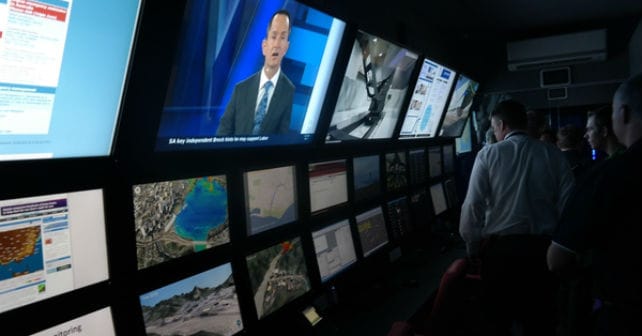"Ken's carbon tax wrong," says LECG chief
David Hampton, director at finance and economic consultancy LECG, is an expert advisor on climate change.
He’s a bit miffed at Ken’s car-carbon tax and kindly sent us his thoughts:
“The congestion charge would be much more effective (both in tackling congestion and climate change) if it were focussed on increasing occupancy in cars. Most large cars with 4 people in it will be better than any car with 1. Moreover, this move sends the dangerous message to the public that cars emitting less than 226g/km are OK. Road transport currently represents around 15-20% of UK emissions and there would be considerable way to go to meeting government targets for reductions even if there were a shift to cars emitting less than 226g.
Moreover, the approach is not consistent with using market forces based around a price for carbon to find the most efficient way to reduce emissions.
* Assuming an average round trip of 20km, the charge is equivalent to a carbon price of approximately £12,000 per tonne of CO2 in moving from a car emitting 300g/km to one emitting 120g/km.
* This compares with the price for a tonne of CO2 under the EU Emissions Trading Scheme for heavy industrial emitters is currently around €20 and he price used by the government to offset emissions is less than £10 (i.e, someone paying the congestion charge could offset nearly 1000x more CO2 by buying the same offsets as the government vs paying the money in the congestion charge)Clearly reducing emissions is important, but equally, there should be some perspective on the benefits
* Taking all the assumed 33,000 ‘Chelsea Tractors’ that will pay the new charge off the road would only equate to savings of around 55,000 tonnes of CO2 per annum; less than 0.01% of UK annual emissions, even if they are not replaced by cars falling just below the 225g cut-off.
* Again based on a 20km round trip, the daily saving between the ‘high’ bracket (225g/km) and the ‘low’ bracket (125g/km) is comparable to installing about 10 low energy light bulbs and running them for 6 hours.
o Arguably it would be much better for the environment to get all drivers of such cars to pay for the most modern efficient boilers installed in their houses rather than the higher congestion charge
o The use of the “official” CO2 figures does not help – in practice most cars will be emitting far more CO2 than the figures suggestThis type of uneven and inconsistent regulation from government that appears based on muddled thinking, poor analysis and pandering to prejudice sends the wrong signals to the public and does not help tackle the issue in a constructive and meaningful way.”




